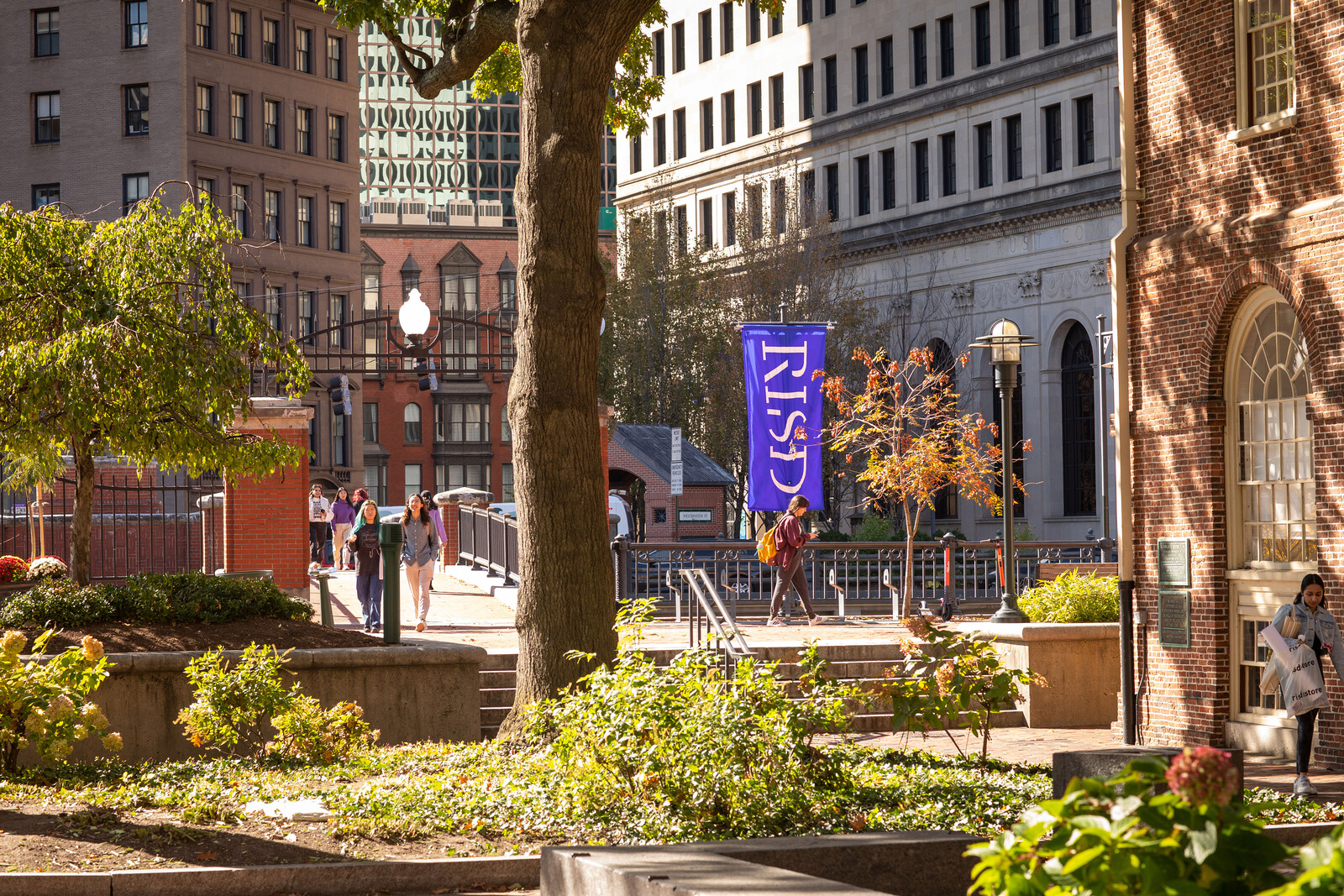20 Washington Place
Providence, Rhode Island 02903
United States
Rhode Island School of Design (RISD) seeks applicants for a two-year Teaching and Research Fellowship within its Center for Social Equity and Inclusion. RISD recognizes principles of social equity, diversity and inclusion as fundamental to its academic mission as an art and design school. These principles require ongoing attention to embodied experience and expansion of the forms of knowledge on which RISD’s curricula was built. RISD is engaged in the collective work of institutional transformation and seeks applicants whose pedagogical and professional experiences have prepared them to foster equitable teaching and learning environments.
Qualified candidates will have teaching and professional experience (creative practice and/or academic scholarship) that attends to embodied difference as intersectional and centers on bodies of knowledge from historically underrepresented communities. RISD encourages applicants from traditionally underrepresented communities, including Native American peoples, Black and Indigenous peoples of color, Latinx, people who identify as LGBTQIA+, veterans and persons with disabilities.
The ideal candidate is a creative practitioner, scholar and/or researcher with training in architecture and/or design, who is working on an ambitious creative/research project that engages non-western, Indigenous and/or historically marginalized cultures, histories and forms of knowledge. RISD hopes to find a scholar whose work investigates, critiques or otherwise addresses the ways in which power shapes notions of value and inequality; considers how race intersects with other issues; and/or fosters inclusion by exploring pedagogies and practices that meaningfully engage a diverse range of communities.
Beginning in fall 2023, the fellow will teach undergraduate and/or graduate students in one or more of RISD’s departments in the Division of Architecture + Design: Apparel Design, Architecture, Furniture Design, Graphic Design, Industrial Design, Interior Architecture and Landscape Architecture. The courses they develop and teach should appeal to an internationally diverse student population of artists and designers. Courses can be discipline-specific or cover interdisciplinary or cross-disciplinary topics. SEI fellows at RISD also help to develop faculty programming for RISD’s Teaching and Learning Lab and are expected to contribute to departmental, divisional and college-wide initiatives aimed at advancing the work of social equity and inclusion.
The successful candidate will receive an allocation of 5,000 USD per academic year (non-rollover) in support of public programs tied to their teaching and/or research and 3,000 USD per academic year (non-rollover) in support of their professional development. Additionally, SEI fellows are eligible to apply for other forms of faculty support across campus once their professional development funds have been fully expended.
For more information and to apply for this position, visit RISD’s Human Resources job postings.
RISD is an Equal Opportunity Employer.
About Rhode Island School of Design
RISD (pronounced “RIZ-dee”) is a creative community founded in 1877 in Providence, RI. Today, we enroll 2,620 students hailing from 59 countries. Led by a committed faculty, they are engaged in 44 full-time bachelor’s and master’s degree programs and supported by a worldwide network of over 31,000 alumni who demonstrate the vital role artists and designers play in today’s society.
Beyond facts and figures, what is the spirit of this community? Through a cross-disciplinary curriculum of studio-based learning and rigorous study in the liberal arts, RISD students are encouraged to develop their own personal creative processes, but they are united by one guiding principle: in order to create, one must question. In cultivating expansive and elastic thinking, RISD seeks to activate a critical exchange that empowers artists, designers and scholars to generate and challenge the ideas that shape our world. RISD’s mission, at both the college and museum, is not only to educate students and the public in the creation and appreciation of works of art and design, but to transmit that knowledge and make global contributions.



